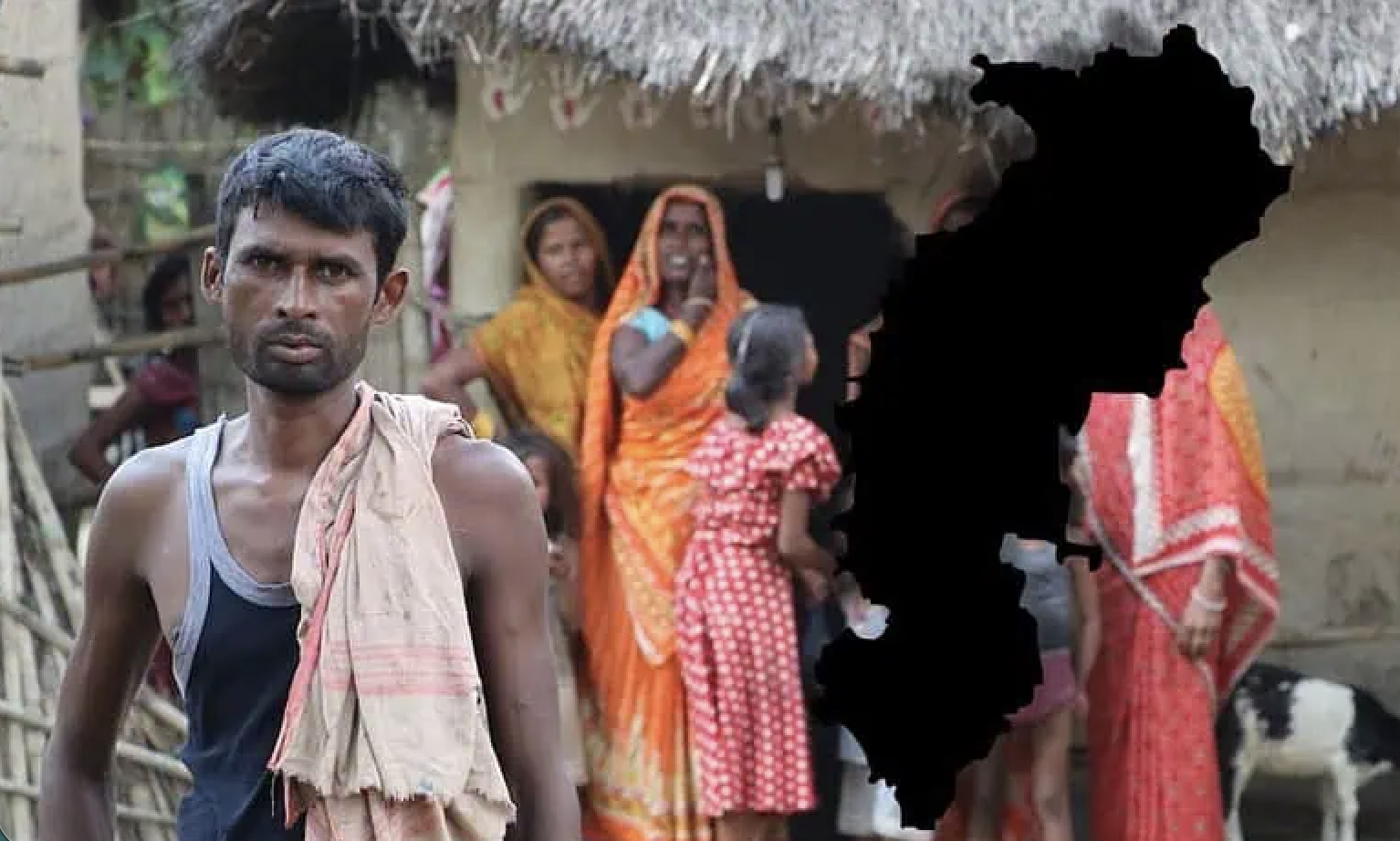
By News Desk
A new, unofficial order passed in Raipur, Chhattisgarh, has left the Christian community in distress. In the past few months, the state has seen a sharp rise in church shutdowns either due to fears of attacks by Hindutva mobs or because of complaints alleging forced conversions.
Under the Chhattisgarh Sarvajanik Dharmik Bhawan Tatha Sthan Viniyaman Adhiniyam, 1984, a law created before the formation of Chhattisgarh itself, no person is allowed to use any public place as a permanent religious site or even as a temporary one without prior written permission from the Collector.
Additionally, constructing new public religious buildings or converting existing private or public properties into religious sites also requires prior approval from the authorities.
The law has been factually in effect since 1984; however, it has been used over the years subtly to restrict religious gatherings, affecting the Christian community the most.
Religious leaders and experts have questioned the validity of such a law when, earlier this year, state chief minister Vishnu Deo Sai announced that his government plans to introduce a stricter law aimed at preventing the religious conversion of tribal communities, and potentially others.
In August, police in Raipur had held a meeting with approximately a hundred pastors of Pentecostal churches in the district, where the pastors were told to stop all house churches from operating until they were given permission from the district collector.
House churches are mainly run by pastors belonging to Pentecostal denominations of Christianity and are small congregations that gather inside homes and not in formal church buildings.
“The police tell us that many of our house churches do not have registration numbers,” Dankeshwar Sahu, the state secretary of the Chhattisgarh Christian Forum was quoted by Scroll. “Since when does belief in god require a registration number?”
Christian activists have called this mandate an informal ban on house churches, restricting the community from practising their religion. This demand from the authorities, where no order was served in writing, has resulted in several churches facing forced closures. Recently, a church was even sent an official notice citing the 1984 Act, asking them to shut down the church.
This story was originally published in siasat.com. Read the full story here.

